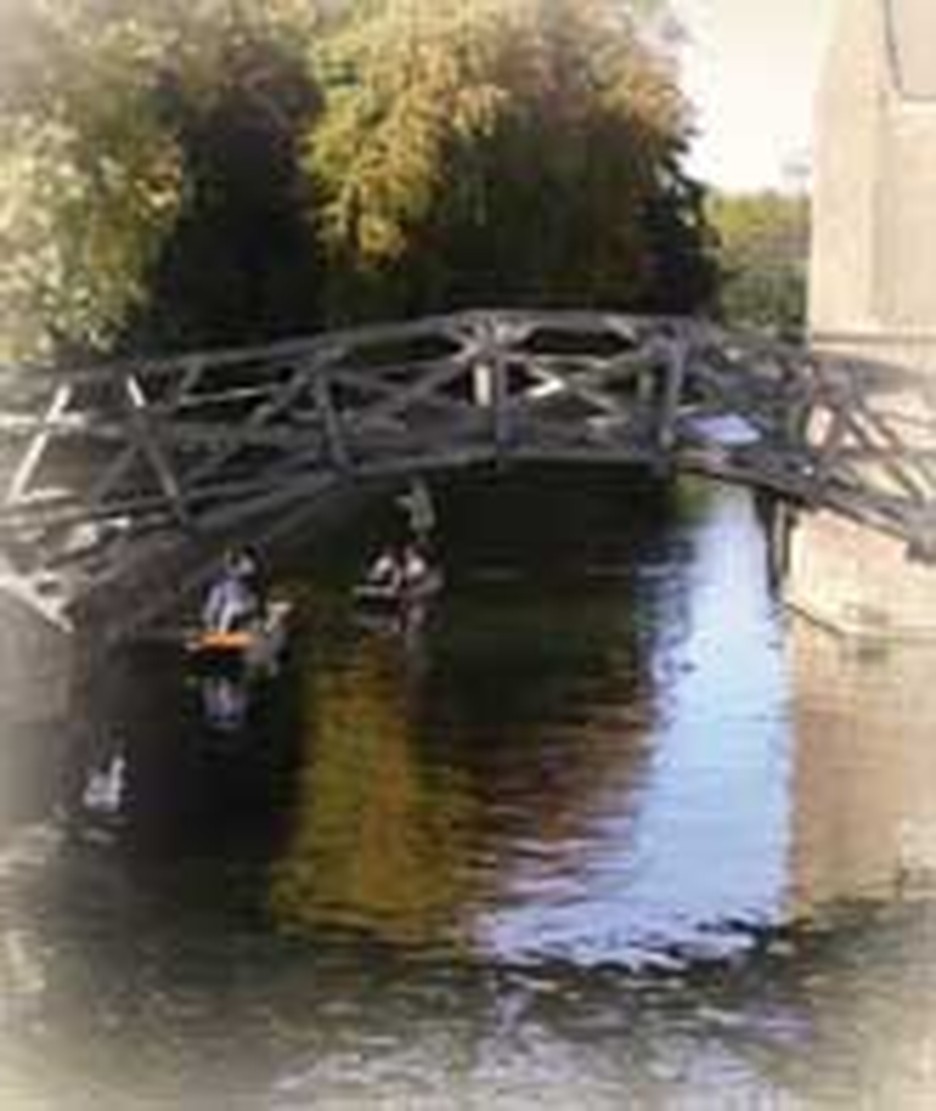
"No one could be with Dr Swete without becoming sensible that he lived and breathed in another world than this. The things of the Spirit were realities to him." This was the assessment of a man who knew him-- Arthur James Mason-- in the Journal of Theological Studies that Henry Barclay Swete had founded years before and kept alive through its early struggles.
Born in 1835, Swete had a weak body; at times in late middle age, he could not even walk. Vigorous pursuits were out of the question and so he channeled his energies into the work of a pastor and teacher, becoming one of the greatest scholars of his day, a professor at King's College and Cambridge, the staunch defender of the truth of the Bible and of the Apostles' Creed against modern critics.
His output was immense, his style pleasing, his research careful, his friendship and advice for other scholars invaluable. He stimulated Cambridge's theological studies and according to a contemporary, "his lectures became the best attended courses in the divinity faculty." Among his works were several on the Holy Spirit, a commentary of the Apocalypse, The Old Testament in Greek According to the Septuagint and much more. He attempted to make his lectures and most of his writings clear to persons with little theological training, especially pastors.
Right up to the end, Henry Swete was thinking of others. In the year before his death, he ministered to several elderly and chronically ill individuals whose souls were placed in his care. A severe case of flu laid him low in April, 1917 when he was 83 years old. So strong was his desire to finish some essays, that he almost recovered. Yet he fretted that he was creating a strain on the household. When death neared, he asked to have the sinners prayer read to him: "Lord, be merciful to me a sinner."
On this day, May 10, 1917, Swete died, declaring himself unworthy of heaven but embracing it on the ground that Christ freely offered it to him. He was described as a "pillar of Christian learning and a pattern of Christian life."
Bibliography:
- "Journal of Theological Studies: Centenary Reflections." Journal of Theological Studies, NS, Vol 50, Pt. 2 (October 1999) 491 - 515.
- "Late Dr. Swete, the." The Church Times. (May, 1917).
- Srawley, James Herbert. "Henry Barclay Swete." The Expository Times 10 (1899) 536 - 539.
- Swete, Henry Barclay. An introduction to the Old Testament in Greek. New York: KTAV Publishing House, 1968.
- "Swete, Henry Barclay." Dictionary of National Biography. Edited by Leslie Stephen and Sidney Lee. London: Oxford University Press, 1921 - 1996.
- "Swete, Henry Barclay." The Oxford Dictionary of the Christian Church. Edited by F. L. Cross and E. A. Livingstone. (Oxford, 1997).
- Various encyclopedia and internet articles such as www.meetingpoint.org/~swete/
Posted May, 2006. Last updated July, 2007


.jpg)